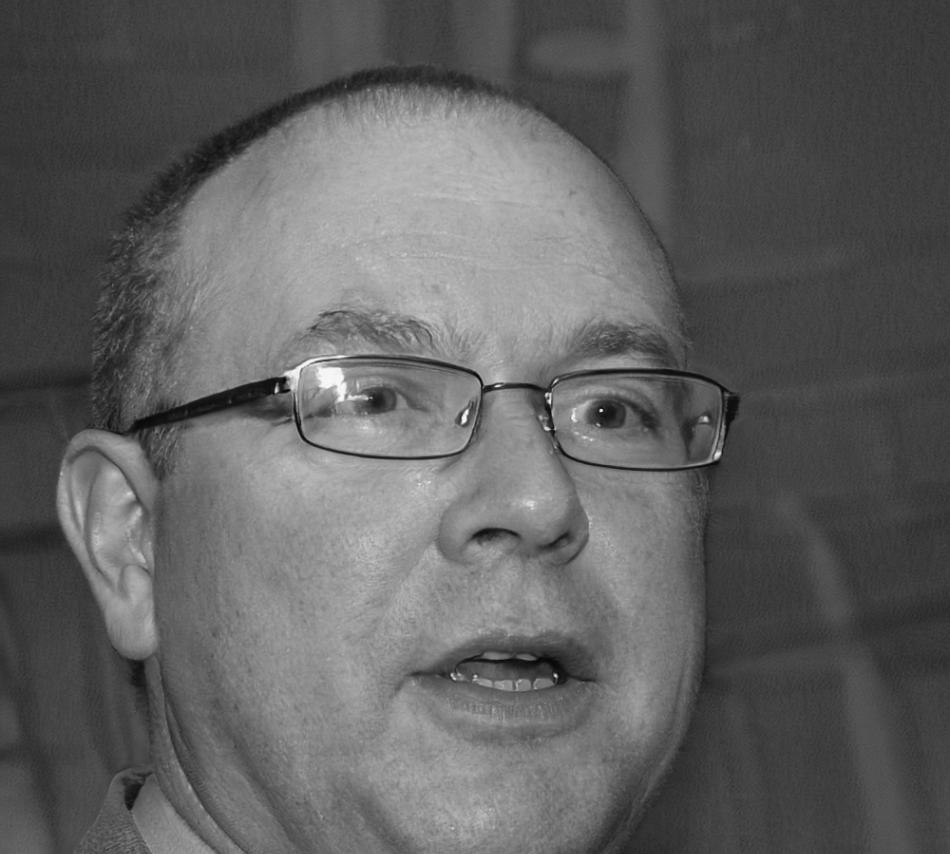Master Financial Planning Through Real-World Practice
Learn budgeting and forecasting methods that Taiwan businesses actually use. Our autumn 2025 programs focus on practical skills—building forecasts, managing cash flow, and making decisions based on numbers instead of hunches.

Building Financial Education That Works
We started in 2019 with a simple question: why do finance courses teach theory but skip the messy reality? Here's what happened when we decided to do things differently.
Started With Small Workshops
First cohort of 12 students in Kaohsiung. We taught budgeting using actual business data from local companies. The feedback was immediate—people wanted more hands-on work, fewer lectures.
Expanded Course Offerings
Added forecasting modules after students kept asking how to predict revenue without a crystal ball. Turns out, historical patterns and seasonal trends matter more than complex formulas.
Built Industry Connections
Partnered with accounting firms and finance departments across Taiwan. Students now work on real scenarios—not made-up case studies. Makes assignments more stressful but way more useful.
Launching Advanced Programs
New 10-month intensive starting September 2025. Includes project work with actual businesses, mentor sessions with finance professionals, and skills that apply immediately after you finish.
What You'll Actually Learn
Forget vague promises about career transformation. Here's what students tell us they gained within the first few weeks—concrete skills that changed how they handle money at work.
Build Working Budgets
Stop guessing what next quarter looks like. You'll create budgets that account for seasonal shifts, expense categories that matter, and revenue projections grounded in what actually happened before.
Read Financial Statements
Balance sheets and income statements make sense when you understand what each line means for business decisions. We break down reports from real Taiwan companies so you recognize patterns.
Spot Cash Flow Issues
Learn to see problems before they become emergencies. Track when money comes in versus goes out, identify timing gaps, and build buffers that keep operations running smoothly.
Make Data-Backed Choices
Decisions feel less risky when you base them on numbers instead of gut feeling. We teach you how to gather the right data, analyze trends, and present findings that convince stakeholders.

Stories From Recent Graduates
People join our programs from all sorts of backgrounds. Some work in finance already but want sharper skills. Others come from operations or marketing and need to understand the numbers side. Here's what a few of them experienced.

From Guesswork to Planning
Used to wing it with department budgets and hope everything balanced out. After the forecasting module, I built a system that tracks spending by category and flags issues early. My manager actually asked how I got so organized.

Marcus Huang
Operations Manager

Confidence With Numbers
Finance reports used to intimidate me. Didn't want to ask dumb questions in meetings. The course broke down every line item until statements made sense. Now I spot trends and can actually contribute when we review quarterly results.

Vicente Torres
Marketing Coordinator
Real-World Application
Best part was working on actual business cases instead of theoretical examples. Built forecasts using historical data from Taiwan retail companies, dealt with seasonal fluctuations, learned to adjust when reality didn't match predictions. That's how finance actually works.
Ready to Strengthen Your Financial Skills?
Our next intensive program starts September 2025. Limited spots available for professionals who want practical training that applies immediately to their work.
Explore Programs